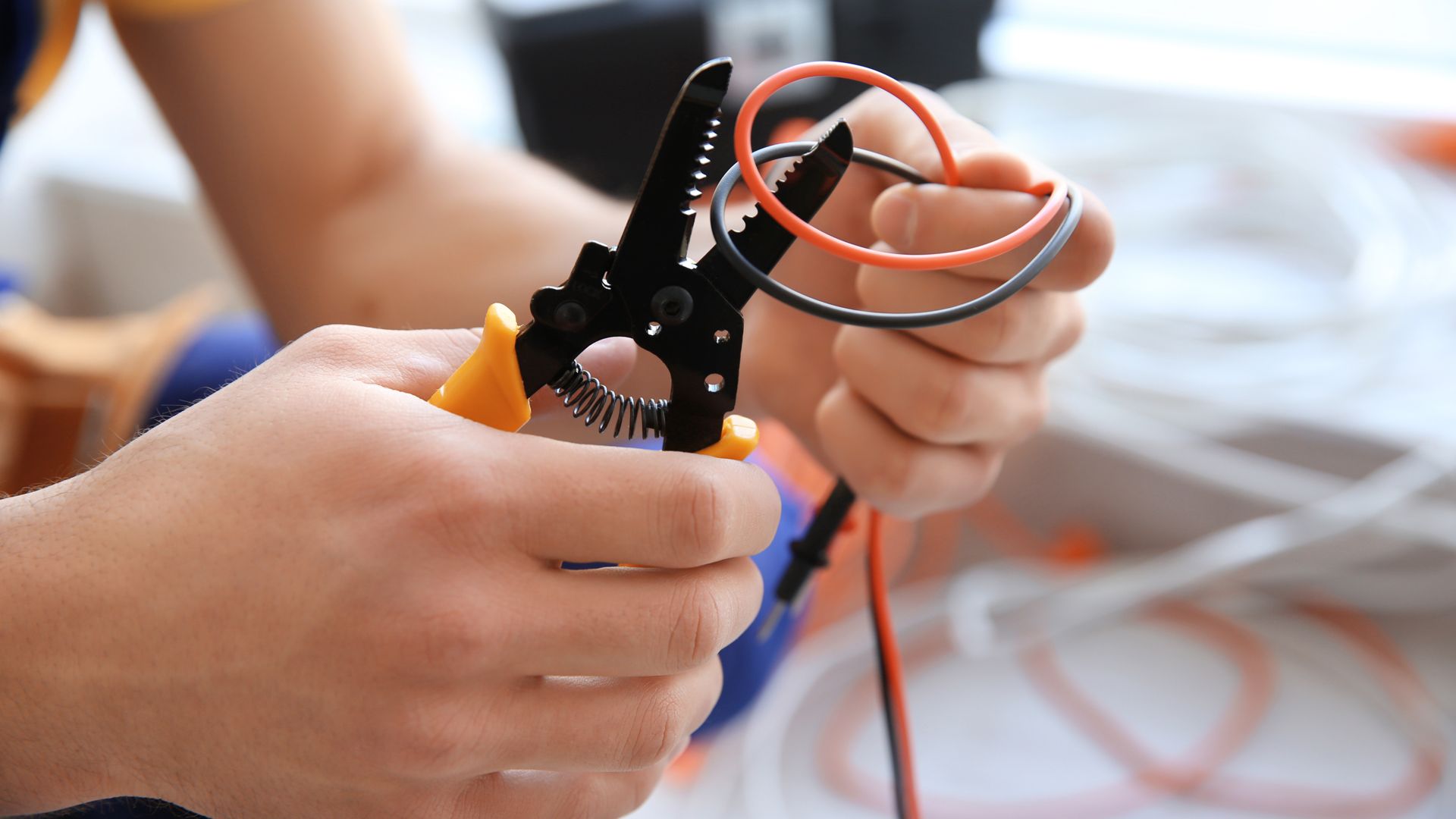As electric vehicles (EVs) continue to gain popularity, more and more drivers are considering installing EV chargers at home. Having a home charger offers numerous benefits, including convenience, cost savings, and reduced environmental impact.
However, with various types of chargers and installation considerations, it can be challenging to know where to start. In this guide, we will walk you through the process of choosing and installing the right EV charger for your home.
1. Understand the Different Types of EV Chargers
There are three main types of EV chargers, also known as Electric Vehicle Supply Equipment (EVSE), available for home use:
- Level 1: These chargers use a standard 120-volt household outlet and typically provide 3-5 miles of range per hour of charging. Level 1 chargers are the slowest option but require no additional installation costs.
- Level 2: These chargers require a dedicated 240-volt circuit and can provide 10-60 miles of range per hour of charging. Level 2 chargers are faster and more efficient than Level 1 chargers but may require professional installation.
- DC Fast Chargers: These chargers are the fastest option, providing up to 100 miles of range in just 30 minutes. However, they are typically not recommended for home use due to their high cost and power requirements.
For most homeowners, a Level 2 charger is the best option, as it offers a balance between charging speed and affordability.
2. Determine Your Vehicle's Charging Requirements
Before selecting an EV charger, it's essential to understand your vehicle's charging requirements. Check your owner's manual or consult the manufacturer's website to determine the recommended charger type and power level for your specific EV model. Some vehicles may require a specific connector type, such as the Tesla-specific connector or the universal SAE J1772 connector.
3. Assess Your Home's Electrical Capacity
Installing a Level 2 EV charger may require upgrades to your home's electrical system, especially if your home is older or your electrical panel is near capacity.
Consult with a licensed electrician at John Goudie Electrical Contractor, INC to evaluate your home's electrical capacity and determine if any upgrades are necessary to accommodate a Level 2 charger. Keep in mind that some utility companies and local governments offer incentives for upgrading your electrical system to support EV charging.
4. Choose the Right EV Charger for Your Needs
Once you have determined your vehicle's charging requirements and assessed your home's electrical capacity, it's time to select the right EV charger.
Consider factors such as:
- Charging speed
- Connector type
- And additional features like Wi-Fi connectivity, which allows you to monitor and control your charger remotely
You may also want to choose a charger that is ENERGY STAR certified for added energy efficiency and cost savings.
5. Hire a Professional for Installation
While it may be tempting to attempt a DIY installation, it's crucial to hire a licensed electrician experienced in EV charger installations to ensure safety and compliance with local codes and regulations.
At John Goudie Electrical Contractor, INC, our team of skilled electricians can help you choose the right EV charger for your home and ensure a seamless installation process. Plus, we can guide you through any available incentives and rebates to help offset the cost of your charger and installation.
By following this guide, you can confidently choose and install the perfect EV charger for your home, allowing you to enjoy the numerous benefits of charging your electric vehicle at home.
Contact John Goudie Electrical Contractor, INC today to learn more about our EV charger installation services today!
